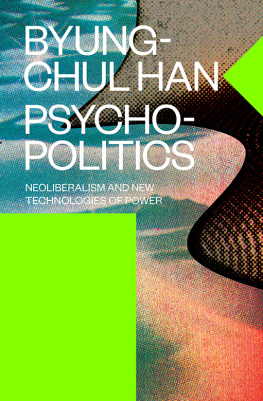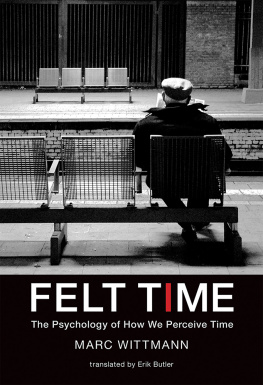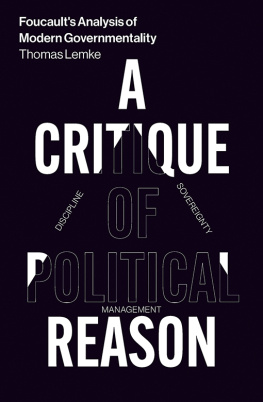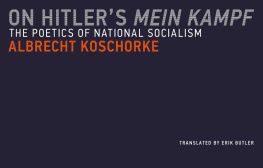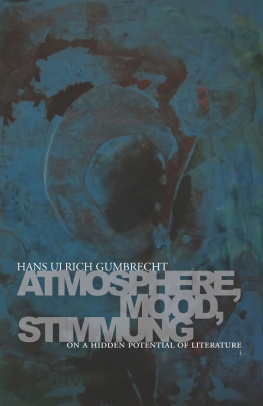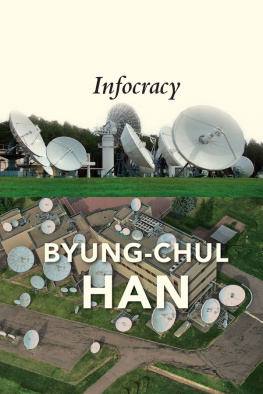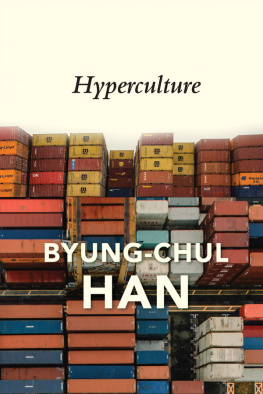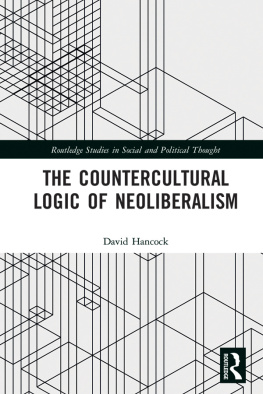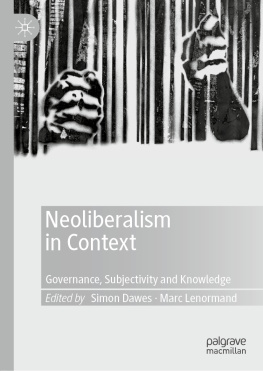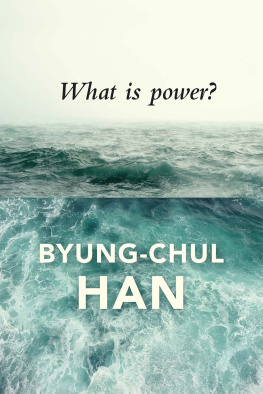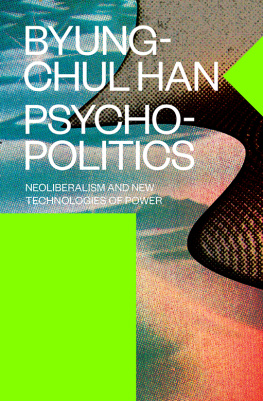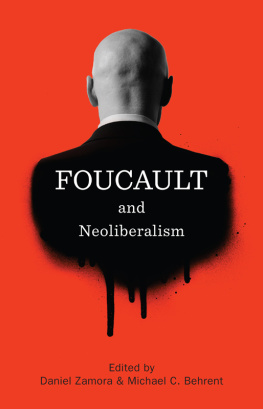Verso Futures is a series of essay-length philosophical and political interventions by both emerging and established writers and thinkers from around the world. Each title in the series addresses the outer limits of political and social possibility.
Psychopolitics
Neoliberalism and New
Technologies of Power
Byung-Chul Han
Translated by Erik Butler


The translation of this work was supported by a grant from the Goethe-Institut which is funded by the German Ministry of Foreign Affairs.
First published by Verso 2017
Byung-Chul Han 2017
All rights reserved
The moral rights of the author have been asserted
1 3 5 7 9 10 8 6 4 2
Verso
UK: 6 Meard Street, London W1F 0EG
US: 20 Jay Street, Suite 1010, Brooklyn, NY 11201
versobooks.com
Verso is the imprint of New Left Books
ISBN-13: 978-1-78478-577-2
ISBN-13: 978-1-78478-576-5 (LIBRARY)
ISBN-13: 978-1-78478-579-6 (US EBK)
ISBN-13: 978-1-78478-578-9 (UK EBK)
British Library Cataloguing in Publication Data
A catalogue record for this book is available from the British Library
Library of Congress Cataloging-in-Publication Data
Names: Han, Byung-Chul, author.
Title: Psychopolitics : neoliberalism and new technologies of power / Byung-Chul Han.
Other titles: Psychopolitik. English
Description: Brooklyn : Verso Books, 2017. | Series: Futures
Identifiers: LCCN 2017039801 | ISBN 9781784785772 (us edition)
Subjects: LCSH: Neoliberalism. | Information technology Social aspects.
Classification: LCC HB95 .H3313 2017 | DDC 320.51/3 dc23
LC record available at https://lccn.loc.gov/2017039801
Typeset in Sabon by Hewer Text UK Ltd, Edinburgh
Printed in the UK by CPI Mackays, UK
Contents
Protect me from what I want.
Jenny Holzer
The Exploitation of Freedom
Freedom will prove to have been merely an interlude. Freedom is felt when passing from one way of living to another until this too turns out to be a form of coercion. Then, liberation gives way to renewed subjugation. Such is the destiny of the subject; literally, the one who has been cast down.
Today, we do not deem ourselves subjugated subjects, but rather projects: always refashioning and reinventing ourselves. A sense of freedom attends passing from the state of subject to that of project. All the same, this projection amounts to a form of compulsion and constraint indeed, to a more efficient kind of subjectivation and subjugation. As a project deeming itself free of external and alien limitations, the I is now subjugating itself to internal limitations and self-constraints, which are taking the form of compulsive achievement and optimization.
We are living in a particular phase of history: freedom itself is bringing forth compulsion and constraint. The freedom of Can generates even more coercion than the disciplinarian Should, which issues commandments and prohibitions. Should has a limit. In contrast, Can has none. Thus, the compulsion entailed by Can is unlimited. And so we find ourselves in a paradoxical situation. Technically, freedom means the opposite of coercion and compulsion. Being free means being free from constraint. But now freedom itself, which is supposed to be the opposite of constraint, is producing coercion. Psychic maladies such as depression and burnout express a profound crisis of freedom. They represent pathological signs that freedom is now switching over into manifold forms of compulsion.
Although the achievement-subject deems itself free, in reality it is a slave. In so far as it willingly exploits itself without a master, it is an absolute slave. There is no master forcing the achievement-subject to work. Yet all the same, it is absolutizing bare life and labour. Bare life and labour form two sides of the same coin. Health represents the ideal of bare life. Todays neoliberal slave lacks the sovereignty indeed, the freedom of the master who, according to Hegels dialectic, performs no labour at all and only enjoys. For Hegel, the sovereignty of the master derives from his rising above bare life and risking death itself in the process. Such excess living and enjoying beyond measure is alien to the slave, who worries only about bare life. But counter to what Hegel assumed, labouring does not make the slave free. The slave remains enslaved to labour. Now, the slave is forcing the master to work too. Todays dialectic of master and slave means the totalization of labour.
As the entrepreneur of its own self, the neoliberal subject has no capacity for relationships with others that might be free of purpose. Nor do entrepreneurs know what purpose-free friendship would even look like. Originally, being free meant being among friends. Freedom and friendship have the same root in Indo-European languages. Fundamentally, freedom signifies a relationship. A real feeling of freedom occurs only in a fruitful relationship when being with others brings happiness. But todays neoliberal regime leads to utter isolation; as such, it does not really free us at all. Accordingly, the question now is whether we need to redefine freedom to reinvent it in order to escape from the fatal dialectic that is changing freedom into coercion.
Neoliberalism represents a highly efficient, indeed an intelligent, system for exploiting freedom. Everything that belongs to practices and expressive forms of liberty emotion, play and communication comes to be exploited. It is inefficient to exploit people against their will. Allo-exploitation yields scant returns. Only when freedom is exploited are returns maximized.
It is interesting to note that Marx also defines freedom in terms of a successful relationship to others: Only in community [with others does each] individual [have] the means of cultivating his gifts in all directions; only in the community, therefore, is personal freedom possible. From this perspective, being free means nothing other than self-realization with others. Freedom is synonymous with a working community (i.e., a successful one).
For Marx, individual freedom represents a ruse a trick of capital. Free competition, which is based on the idea of individual freedom, simply amounts to the relation of capital to itself as another capital, i.e., the real conduct of capital as capital.
The freedom of Capital achieves self-realization by way of individual freedom. In the process, individuals degrade into the genital organs of Capital. Individual freedom lends it an automatic subjectivity of its own, which spurs it to reproduce actively. In this way, Capital continuously brings forth living offspring. Today, individual freedom is taking on excessive forms; ultimately, this amounts to nothing other than the

